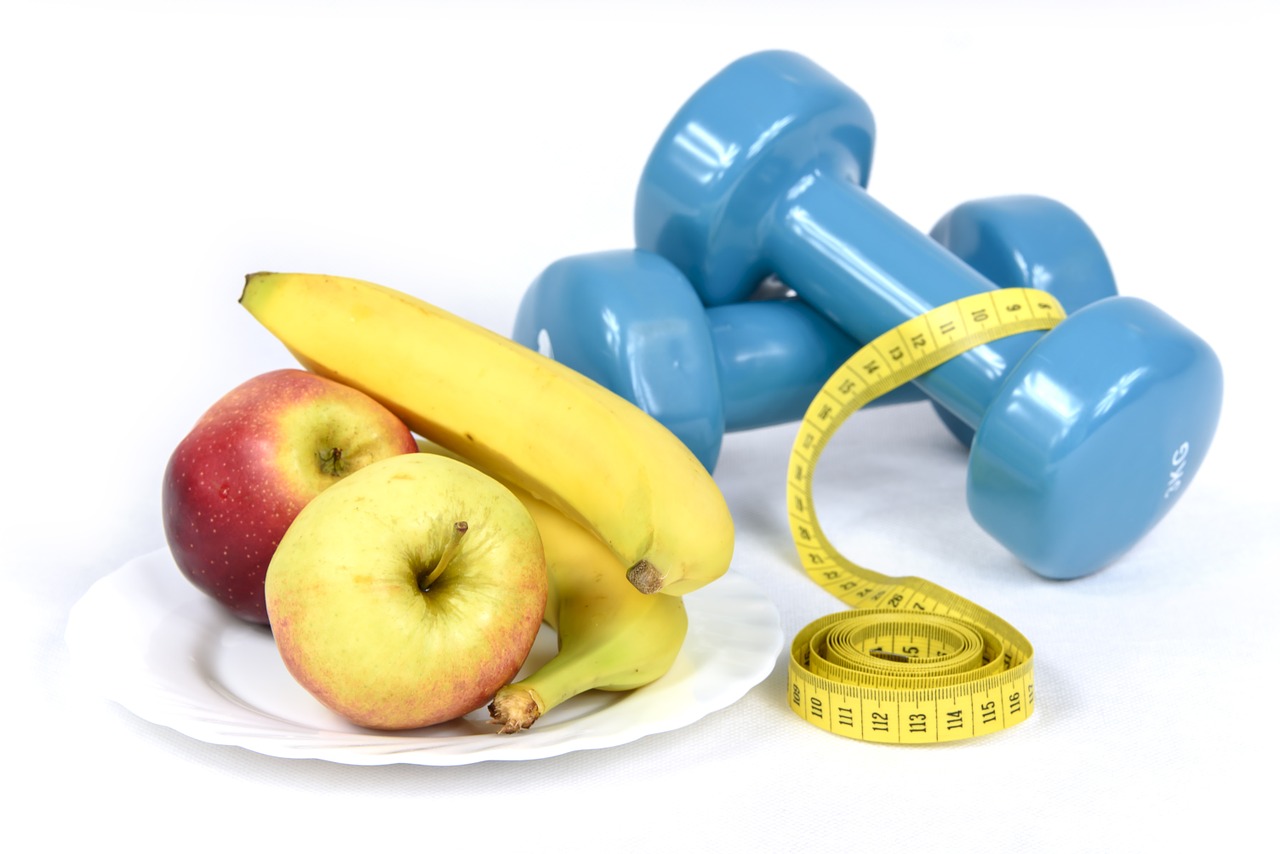If you’re like most Americans, you could stand to lose a pound or two. Our country is facing an obesity epidemic, and it has been for years; all across the nation, people are eating a bit too much while neglecting their gym membership.
The scale of this issue makes it a public policy problem, but it’s also an undeniably personal issue. Sure, an overweight society demands big answers, but what about you? What about your spare tire? This is why so many Americans try to diet to fix the problem themselves. And, in fact, they’re onto something. In the end, it’s you who will decide whether you remain overweight or not. The only thing that Americans get wrong is how to fix it. Dieting, as it turns out, doesn’t work.
Dieting asks too much of people, insisting on dramatic change rather than sustainable improvements. Diets are likely to fail; even when they succeed, the subsequent return to normalcy soon leads to the return of those extra pounds. Worse still, diets can be unhealthy. We aren’t supposed to be depriving ourselves of calories or carbohydrates. We also aren’t supposed to be losing more than a pound or two a week at the absolute maximum.
So what’s the alternative? How can we lose weight in a healthy way? Read on.
Don’t eat less — eat better
One of the biggest things that diets get wrong is the idea that food is the enemy. Many diets demand that we eat less and consume fewer calories. We may end up hungry because of these diets, but we rarely end up skinnier, and virtually never end up healthier.
Here’s a better idea: Eat more vegetables and other things with lower calorie densities. With vegetables, you can fill up while ending up with fewer calories. You’ll be “dieting,” but you won’t be hungry — and you’ll be better equipped to keep up the good work after you’ve reached your weight-loss goals.
Focus on whole foods
Vegetables are healthy, but they’re not the only things you should be eating. Vegetables are just one of several types of “whole foods” — unprocessed goodies that our bodies can make efficient and healthy use of. Unprocessed meats and fruits are great for you, too, and so are nuts and legumes (just don’t eat too much of the non-vegetable stuff, because the rest of the gang is much more calorie-dense). Cut out unprocessed junk in favor of whole foods, and you’ll be on the road to a much healthier lifestyle.
Call in the pros
If you want to be healthy as you strive to eat better, then you need to call in the health experts. Always talk to your primary care physician before making major changes in your diet. You may find that your eating is healthier if you enlist the services of a nutritionist, too. Don’t worry, you don’t have to go looking through the phone book: Convenient services such as Health Soup can connect you to a nutritionist in no time at all (you can visit them at HealthSoup.com). With help from a nutritionist, you can figure out how to hit your macronutrient goals and cover your bases with the lesser-known vitamins that you might otherwise miss.
With the help of experts and your own commitment to eating right for the long haul, you can lose weight at a steady pace that doesn’t put too much strain on your body. That’s the right way to get to your goal weight, and (just as importantly) by far the most effective way to stay there.

